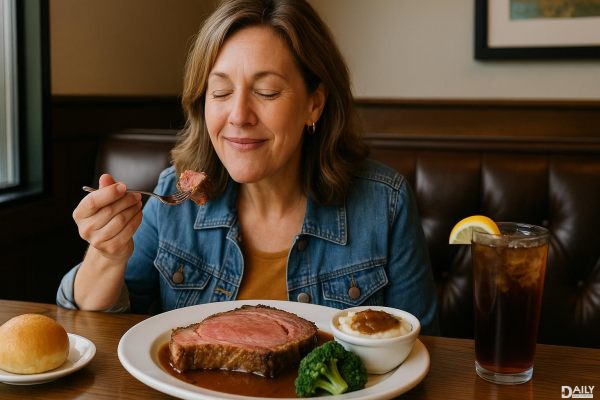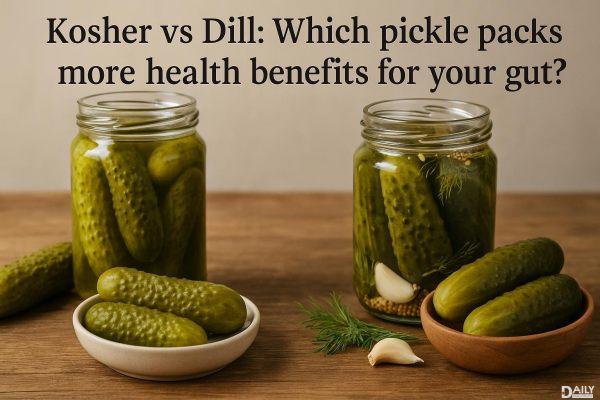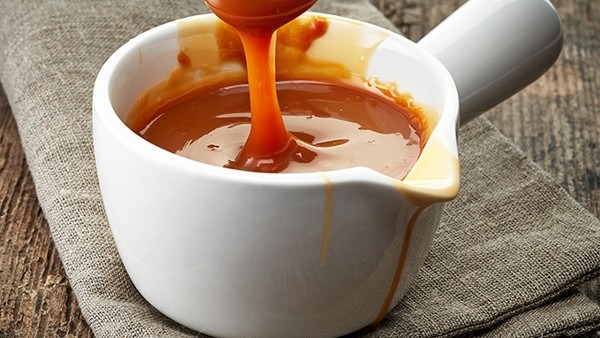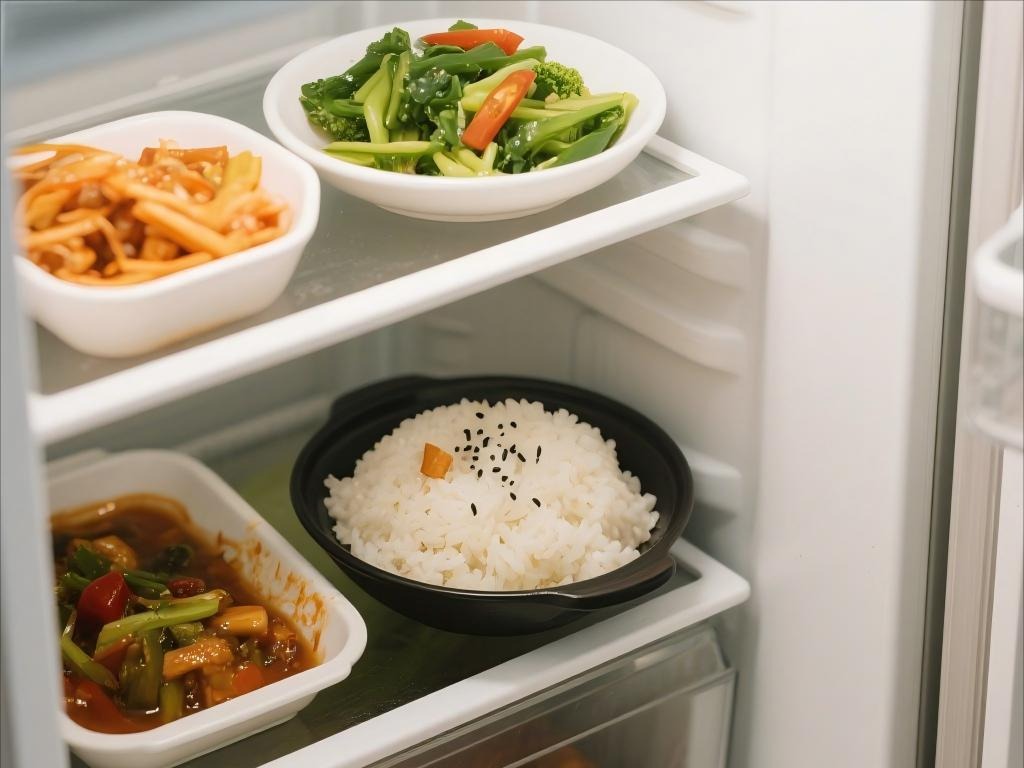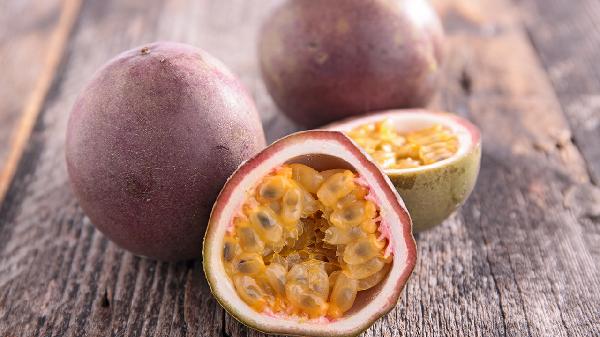For years, fat was public enemy number one in the nutrition world—banished from our plates, swapped for sad "low-fat" alternatives, and blamed for everything from heart disease to weight gain. But here's the truth bomb: fat isn't the villain we made it out to be. In fact, your body straight-up needs it to function. The real issue? We spent decades obsessing over the wrong question. Instead of asking "how can we eat less fat?", we should've been asking "what kinds of fats should we be eating?"
The Great Fat Reckoning
Nutrition science has done a full 180 on fats, and it's about time. Dr. Avigdor Arad, a nutrition heavyweight from Tel Aviv Sourasky Medical Center, puts it bluntly: "We've been eating fat since, well, forever. Our bodies are basically fat-processing machines." The key insight? Our ancestors weren't counting grams of fat—they were eating whole foods that naturally contained balanced ratios of nutrients. Modern food processing messed with that balance, but the solution isn't fat avoidance—it's fat awareness.
Fat Math Made Simple
While Dr. Arad says there's no magic number for daily fat intake, major health organizations have established some guardrails. The WHO's 30% of total calories rule translates to about 67 grams for someone eating 2,000 calories daily. But here's where it gets interesting: that allowance includes strict limits on certain fats (looking at you, trans fats) while giving green lights to others. It's not about hitting some arbitrary target—it's about making those fat grams count nutritionally.
The Fat Family Tree
Not all fats are created equal, and understanding the differences is like learning a secret nutrition code:
Unsaturated Fats: The Golden Children
These are the fats that earn standing ovations from nutritionists. Monounsaturated fats (think: that glorious avocado toast) and polyunsaturated fats (hello, salmon) do everything from fighting inflammation to keeping your heart happy. Dr. Arad points out that populations eating Mediterranean or plant-based diets naturally consume more of these healthy fats through olive oil, nuts, and seeds—and surprise, they tend to have better health outcomes.
Saturated Fats: The Controversial Middle Child
The nutrition world's most heated family drama centers on saturated fats. While they've been cleared of directly causing heart disease (turns out the early research was flawed), experts still recommend keeping them under 10% of daily calories. The real issue? They often come packaged with less healthy foods. That grass-fed steak might be fine, but the saturated fat in processed meats? Not so much.
Trans Fats: The Black Sheep
These lab-created Frankenfats are basically nutrition's supervillains. Dr. Arad doesn't mince words: "The worst kind of fat you can put in your body." The good news? They've been mostly banished from the US food supply—though it's still worth checking labels on processed snacks and baked goods.
Why Your Body Loves Fat
Beyond just keeping you full, fats are your body's VIP nutrient transporters. Those fat-soluble vitamins (A, D, E, and K) need fat to get where they need to go. And let's talk about energy—fats are your body's premium fuel reserve, kicking in when quick-burning carbs run out. They're also building blocks for hormones and help regulate everything from your immune system to your brain function.
Fat in the Real World
Here's the liberating truth: if you're eating mostly whole, minimally processed foods, you probably don't need to stress about fat grams. That handful of almonds? The olive oil in your salad dressing? The salmon on your plate? These are nutritional wins, not things to micromanage. As Dr. Arad puts it, "Some people can eat 200 grams of fat a day and be perfectly healthy—if it's the right kind."
The fat phobia of the 90s left us with a weird cultural hangover, but the science is clear: demonizing fat was a nutritional dead end. Instead of fearing fat or obsessively counting grams, focus on quality sources and let your body do what it's evolved to do—use fat as the powerful nutritional tool it is. Unless you have specific medical conditions (in which case, talk to your doc), you can probably relax about fat intake and just enjoy that avocado guilt-free.

